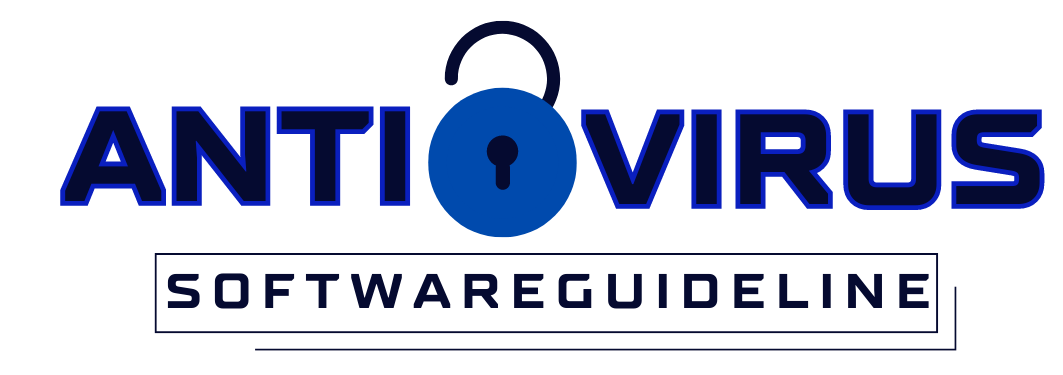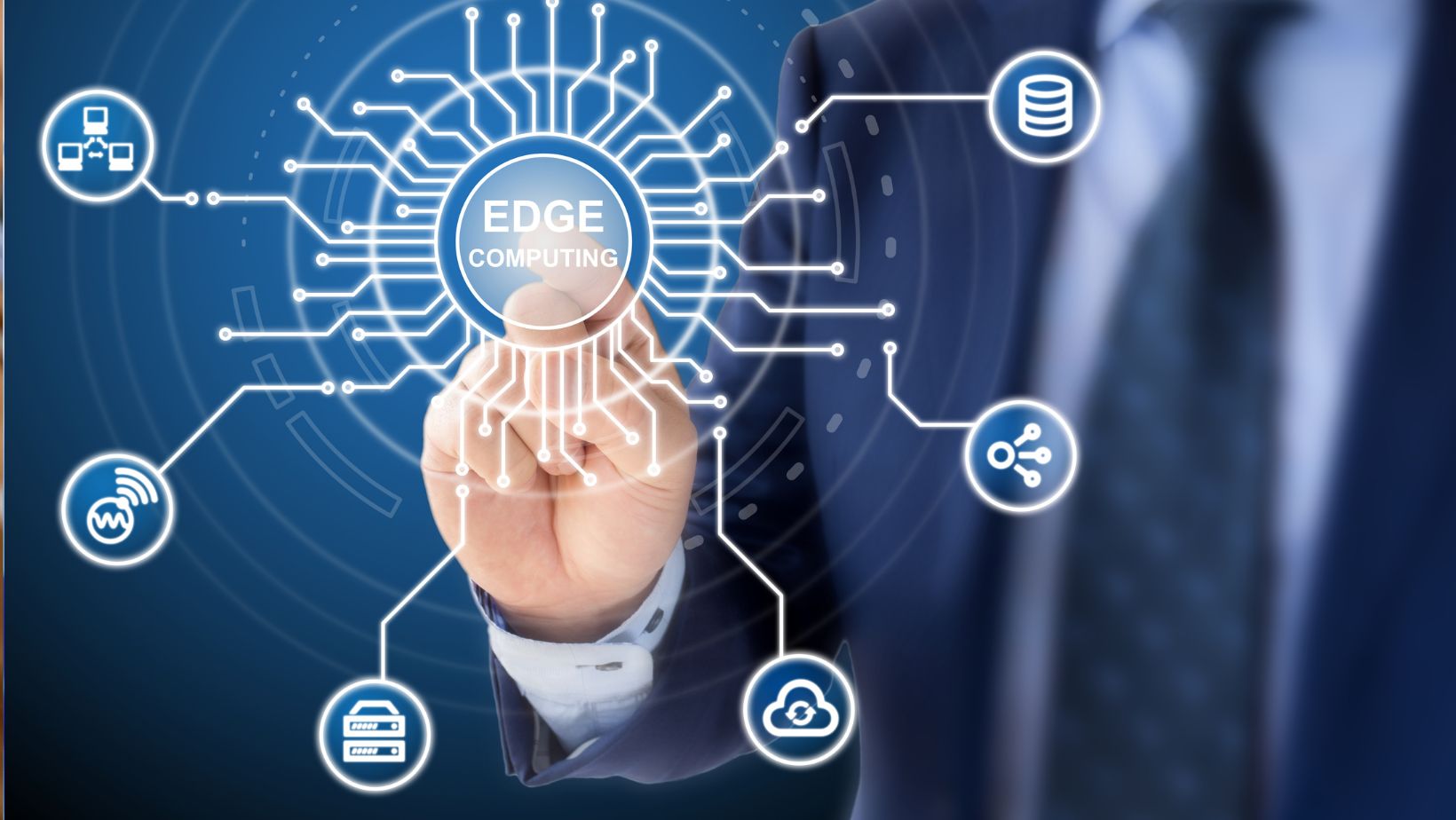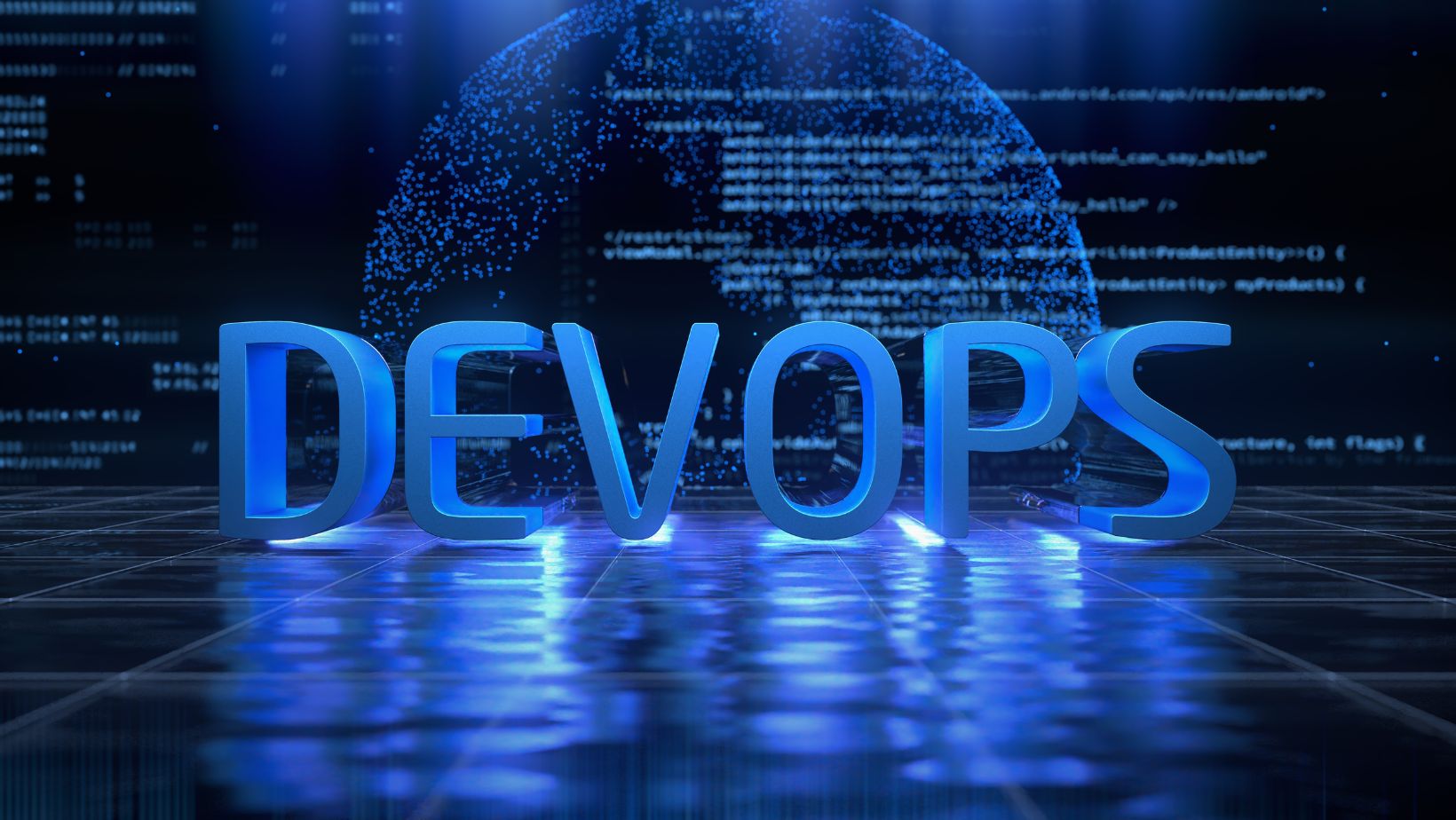
DataOps and DevOps are two terms that are frequently used in the tech industry. While both methodologies are designed to improve the delivery of high-quality applications, there are some key differences between the two. In this article, I’ll be exploring the differences between DataOps and DevOps and why they matter.
DevOps is the combination of software development and operations. It’s an approach that emphasizes collaboration, communication, and automation in order to streamline the software development process. DevOps is focused on improving the efficiency and reliability of software delivery by breaking down silos and encouraging cross-functional teams.
DataOps, on the other hand, is focused on the data pipeline. It’s a methodology that emphasizes collaboration, communication, and automation in order to streamline the data analytics process. DataOps is designed to help organizations manage the huge volumes of data that they generate, process it in a timely and accurate manner, and deliver insights that can be used to inform business decisions.
While DevOps and DataOps share some similarities, they are two distinct methodologies. DevOps is focused on software development and operations, while DataOps is focused on the data pipeline. Both approaches can help organizations deliver high-quality applications and make data-driven decisions, but they are optimized for different purposes. In the following sections, I’ll explore the differences between DataOps and DevOps in more detail.
DataOps vs DevOps: Key Differences
DataOps and DevOps are widely used terms in the world of technology and software development, but there are some key differences between the two. While they share similarities, they are tailored to different requirements and objectives.
Definitions
DataOps refers to the practices and procedures that create, operate, and manage data pipelines. It is mainly used to manage the data life cycle of modern data-centric applications.
DevOps is a set of practices that automates software development and IT operations, aiming to improve the communication and collaboration among developers and IT professionals.
Key Differences:
Focus: The primary focus of DataOps is the end-to-end management of data life cycle, from creation to archiving, ensuring data quality, reducing errors, and increasing overall efficiency. Whereas DevOps focuses on software development, continuous integration, and deployment.
Tools: DataOps uses pipelines and tool chains to manage and automate the different stages in the data life cycle. On the other hand, DevOps relies on development and deployment tools to facilitate continuous integration, testing, and deployment of software products.
Skillset: DataOps requires a diverse skillset, including data modeling, data governance, data security, and data visualization skills. DevOps, on the other hand, requires knowledge of automation, scripting, cloud infrastructure, and software testing.
Team Composition: In terms of team composition, DataOps teams often include data scientists, data engineers, database administrators, and data analysts. DevOps teams include software developers, testers, and operations engineers.
Metrics: DataOps metrics are focused on data quality, accuracy, and completeness, making sure that the data is timely, trustworthy, and consistent. DevOps metrics focus on software development speed, stability, and deployment frequency.
Overall, both DataOps and DevOps aim to deliver high-quality products at faster speeds, reduce errors, and increase overall efficiency. However, DataOps deals more with data, and DevOps deals with software development.
The Benefits of DataOps
DataOps is an emerging concept that has been gaining momentum in recent years, as companies look for better ways to manage and leverage the vast amounts of data they collect. While DevOps has traditionally been used to enable faster software development and deployment cycles, DataOps focuses on the data pipeline, with the goal of improving data quality, availability, and speed. In this section, I’ll discuss some of the benefits of using DataOps over DevOps.
1. Improved Data Quality
One of the primary advantages of DataOps over DevOps is improved data quality. By using DataOps, companies can ensure that the data they collect is accurate, consistent, and reliable. This is done through a combination of automated testing, data monitoring, and data validation techniques, which help to identify and eliminate data quality issues before they become problems.
2. Faster Data Pipeline
Another major benefit of DataOps is that it enables faster data pipelines. With traditional DevOps practices, data can become a bottleneck, slowing down software development and deployment cycles. But with DataOps, data is treated as a first-class citizen, enabling faster and more efficient data processing. This is achieved through techniques like data caching, parallel processing, and optimized data storage.
3. Better Collaboration
Collaboration is key to the success of any software development or data management project. While DevOps has traditionally been focused on collaboration between developers and operations teams, DataOps expands this to include data scientists, analysts, and business users. By involving these stakeholders, DataOps helps to ensure that data is being used correctly and to its full potential.
dataops vs devops
DataOps also helps to improve data governance, by providing a structured approach to managing data throughout its lifecycle. This includes data cataloging, data lineage, and data security and compliance. With improved data governance, companies can ensure that their data is being used ethically and in accordance with the relevant regulations.
In summary, while DevOps has been widely adopted as a way to improve software development and deployment, DataOps is emerging as a key approach for managing and leveraging data. By focusing on the data pipeline and improving data quality, speed, and collaboration, DataOps can help companies get more value from their data, enabling them to make better-informed decisions and achieve their business goals.
Challenges of Implementing DataOps
As data becomes an increasingly important asset for organizations, many are adopting DataOps practices to ensure its proper management and usage. However, implementing DataOps can be challenging. Here are some of the most common challenges that organizations face when implementing DataOps in comparison to DevOps:
1. Siloed Data
In many organizations, data is often stored in different silos, making it difficult to access and analyze. This siloed data can cause challenges when trying to use it for analysis or for data-driven decision making. To implement DataOps, organizations need to break down their data silos and integrate data from different sources into a centralized repository.
2. Data Governance
DataOps requires effective data governance to ensure data is accurate, consistent, and properly protected. Data governance includes data quality assurance, metadata management, data security, and compliance with data regulations, among other things. Implementing effective data governance policies and procedures can be a challenge, especially when dealing with large volumes of data.
3. Lack of Skills and Expertise
DataOps requires specific skills and expertise in areas such as data analytics, data engineering, and cloud computing. In many organizations, acquiring and retaining such skills and expertise can be a challenge. Additionally, training existing employees in these areas may take time and resources.
4. Difficulties in Managing Data Pipelines
DataOps is centered around efficient and automated management of data pipelines. However, designing, testing, deploying, and monitoring data pipelines can be challenging, particularly when dealing with large volumes of data.
5. Integration with DevOps
Organizations that have already adopted DevOps practices may find it challenging to integrate DataOps into their existing frameworks. This is because DataOps requires a different set of skills, tools, and processes than DevOps.
Overall, implementing DataOps can be challenging, but it can also bring significant benefits in terms of improved data quality, better collaboration among teams, and faster delivery of insights. To overcome these challenges, organizations need to invest in the right people, processes, and technologies and adopt a data-centric mindset.
Conclusion
In conclusion, the debate between dataOps and DevOps is ongoing, and while there are similarities between the two, there are also notable differences. During our analysis, we discovered that dataOps and DevOps share a similar ideology: improving collaboration and communication between teams to ensure a smooth software development and deployment process.
However, the core focus of dataOps is on the management of data and the flow of data through a particular pipeline. On the other hand, DevOps is primarily focused on automating the software development and deployment process.
The adoption of dataOps or DevOps will depend on the needs of your organization and the skills of your team. Nevertheless, it’s crucial to note that both dataOps and DevOps are beneficial in their respective domains. Together, they can efficiently manage the end-to-end software development process and provide businesses with operational advantages.
In conclusion, we highly recommend that organizations assess their requirements and re-evaluate their strategy concerning their software development process. It’s the only way to maintain a competitive advantage and keep up with the ever-dynamic tech scene.


























